Dog snacks
Dog treats can add an amazing variety to your dog’s diet whether as a tasty reward during training or as a snack between meals to strengthen the bond between you and your pet. Our wide range of snacks are crafted from quality natural ingredients where you can find functional treats, grain-free snacks for sensitive dogs, dental snacks to help support the dental health, soft training bites, crunchy biscuits and much more. However, don’t get carried away and give your dog too many treats during the day - the calories can rack up rather quickly and lead to a weight gain.

Filter
Sorting
Name A-Z
Name Z-A
Price ascending
Price descending
Topseller
Kompis, 150 g | Functional snacks formulated for urinary support
Nutritious and crunchy heart-shaped treats for dogs
£4.99
Tip













_400x400.jpg)
_400x400.jpg)
_400x400.jpg)
_400x400.jpg)
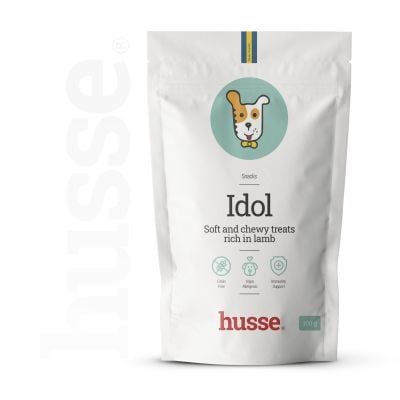
_400x400.jpg)
_400x400.jpg)
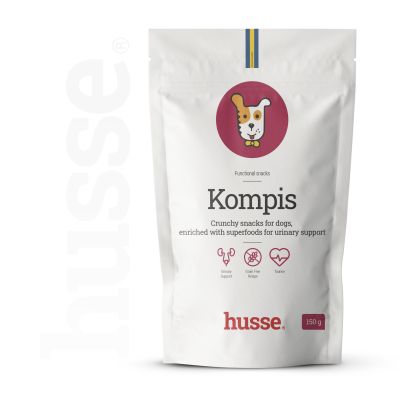
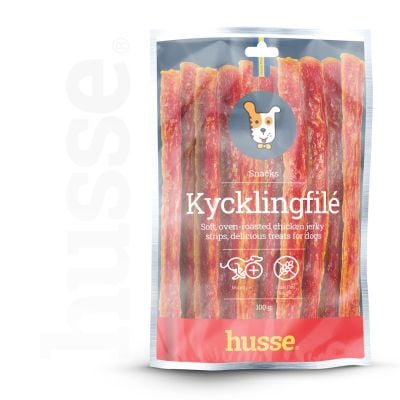
_400x400.jpg)
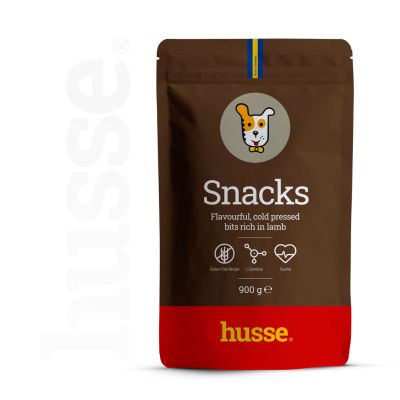
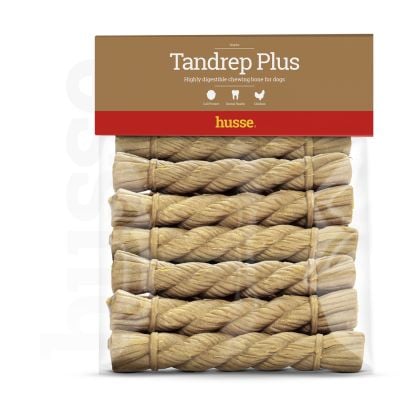
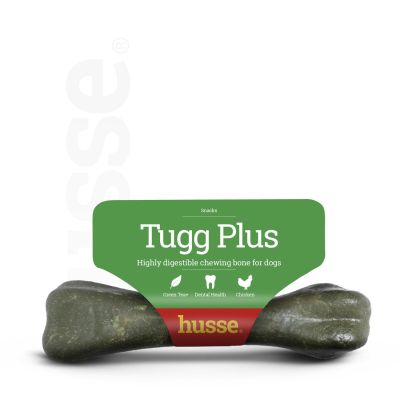


.png)




